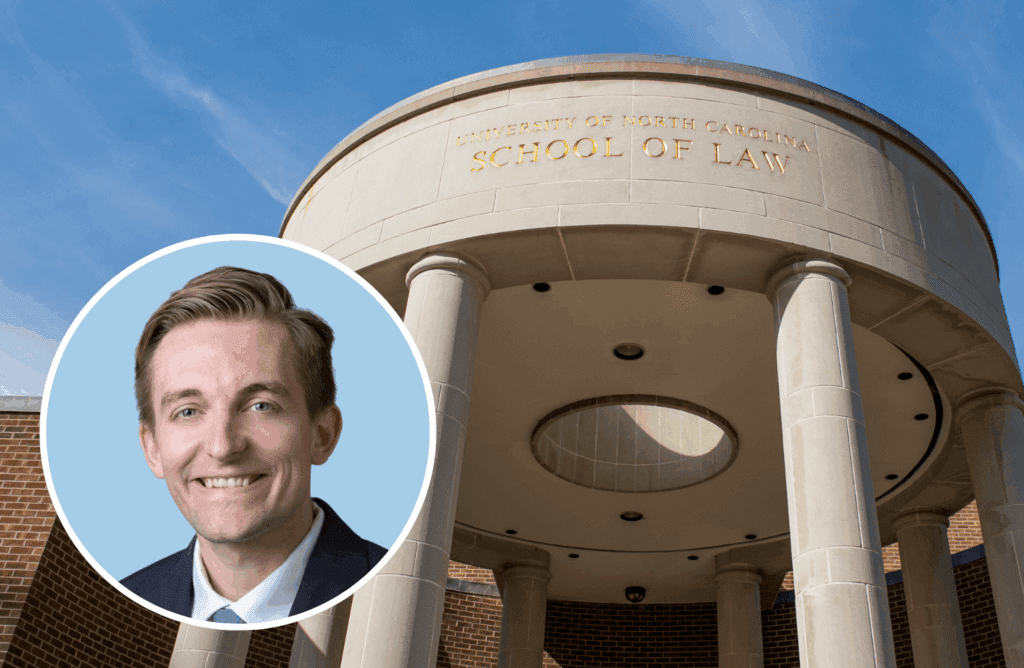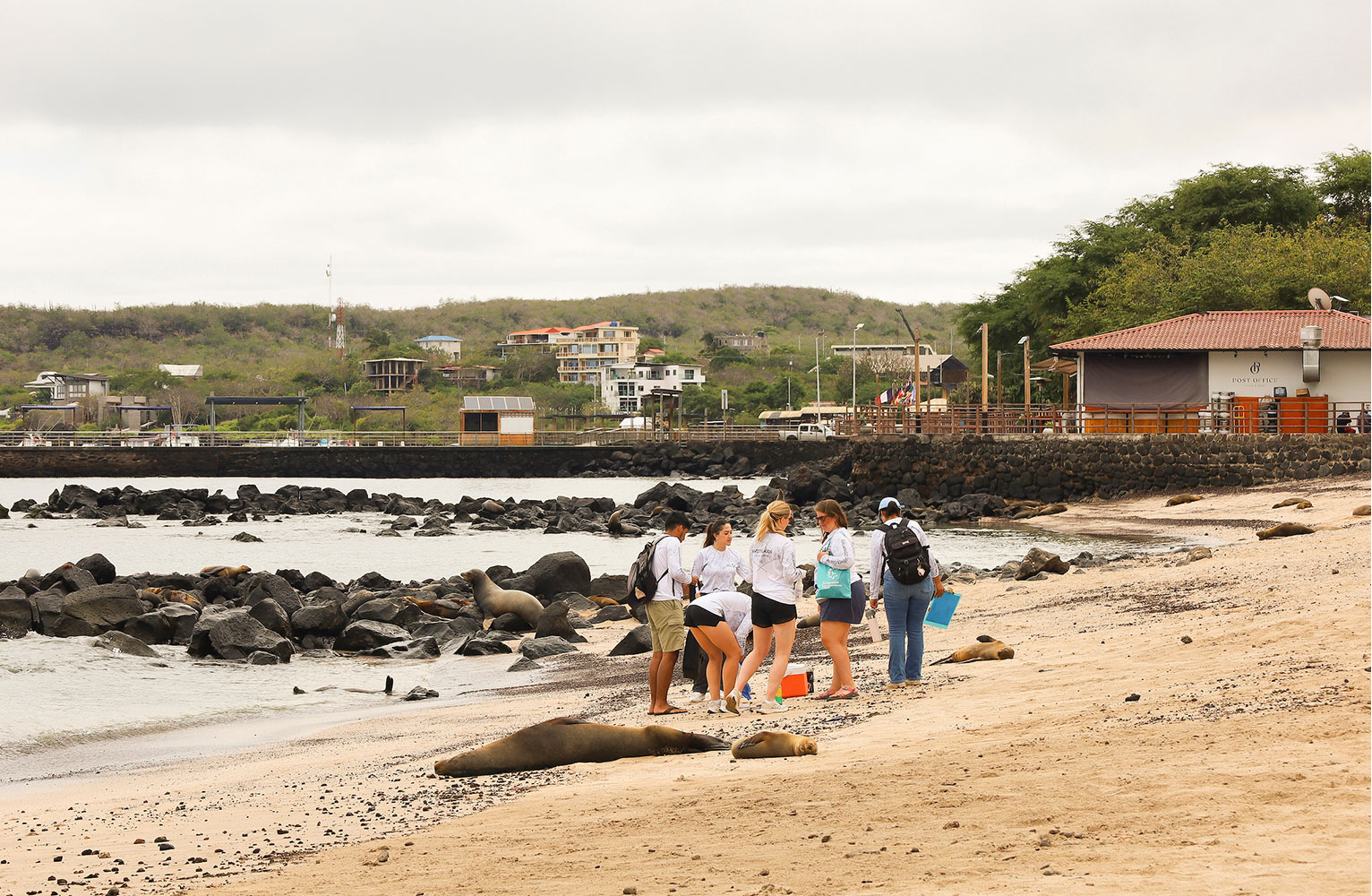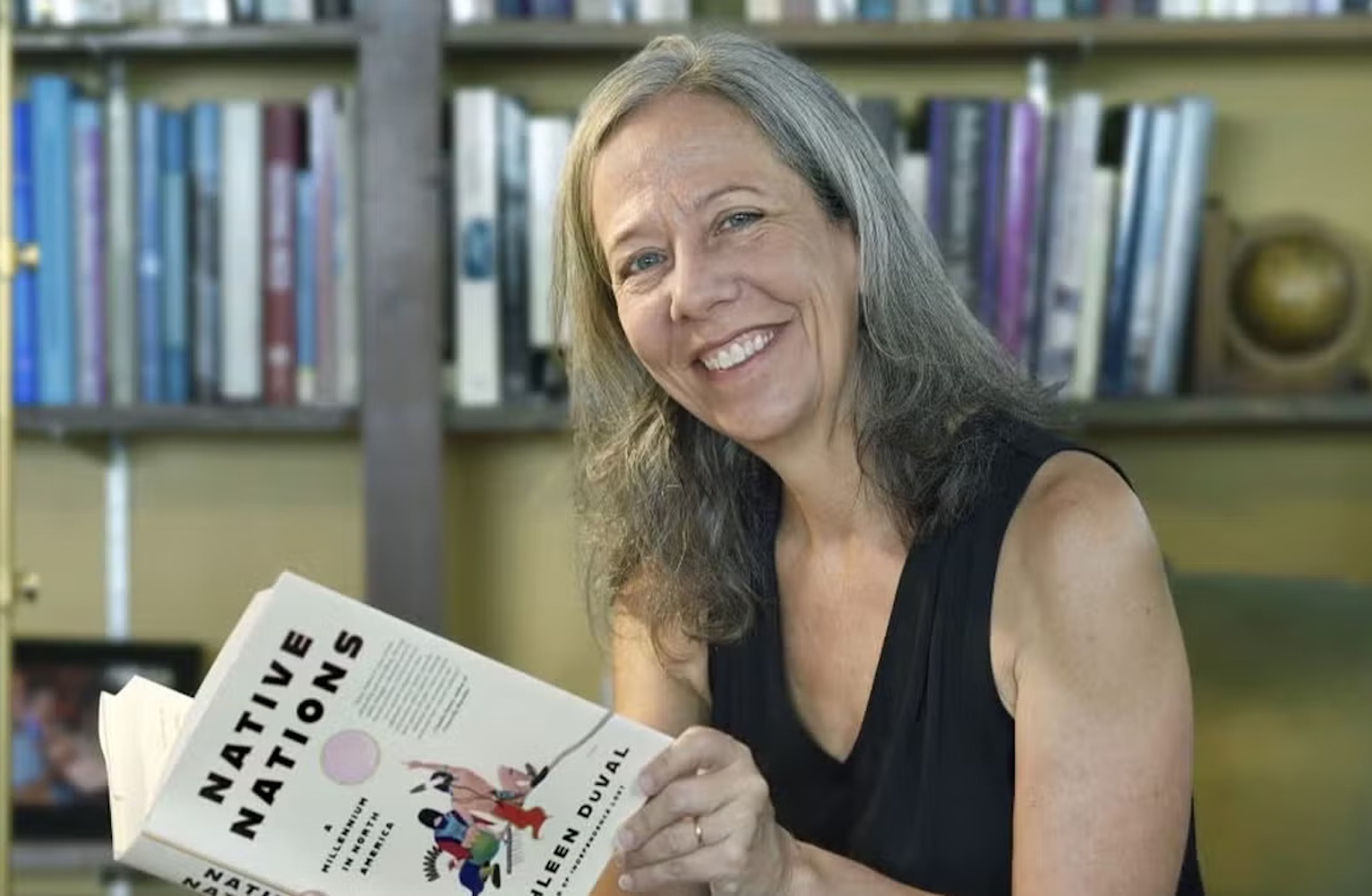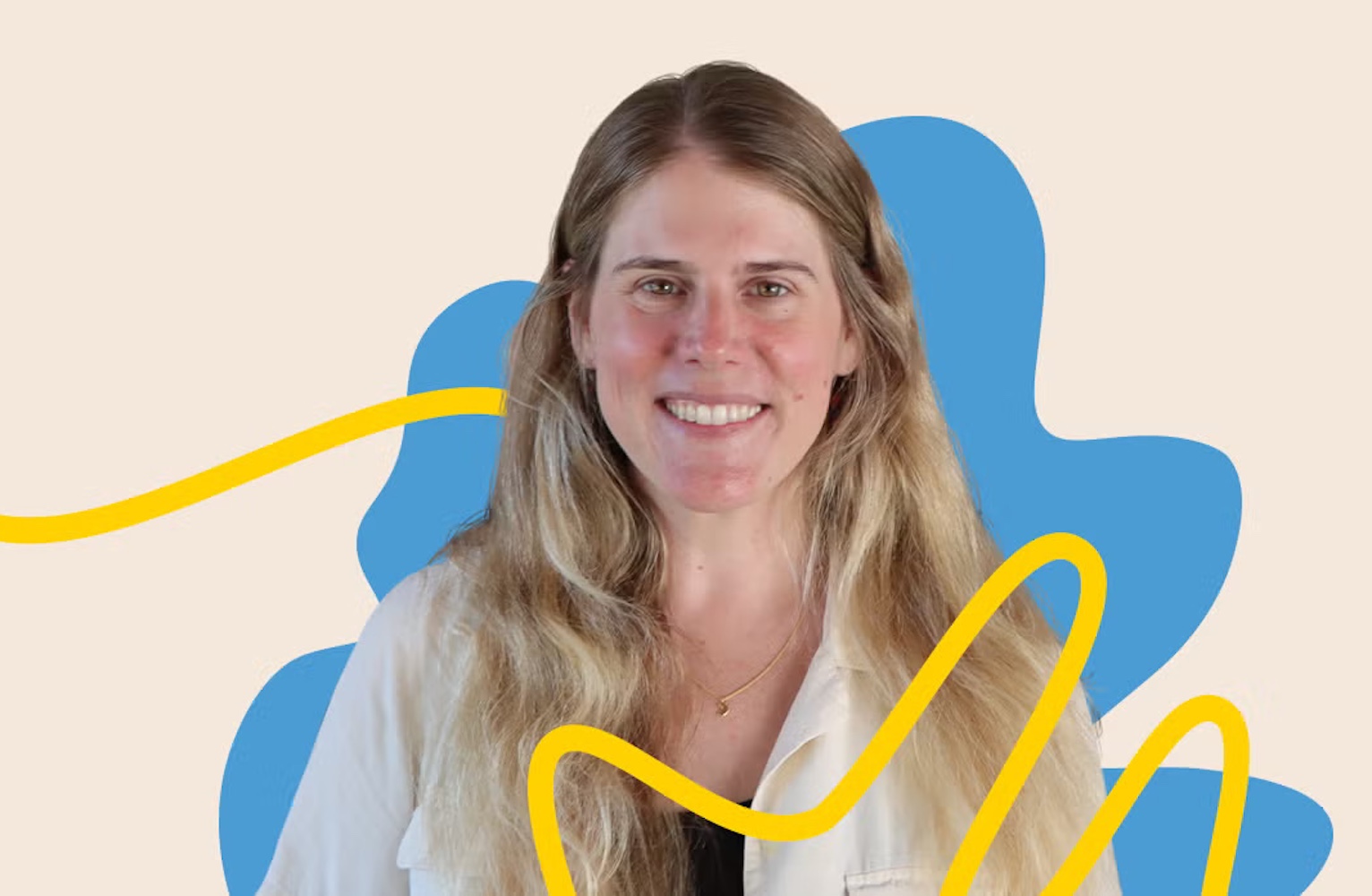 When UNC School of Law student Griffin Lamb ’26 (JD) stepped into work this summer, he confronted some of the legal system’s most challenging and rooted issues — and worked to rebuild trust where it has been systematically eroded.
When UNC School of Law student Griffin Lamb ’26 (JD) stepped into work this summer, he confronted some of the legal system’s most challenging and rooted issues — and worked to rebuild trust where it has been systematically eroded.
Interning at the Center for Death Penalty Litigation, Lamb dove into capital punishment cases, particularly focusing on those from North Carolina’s “legal desert” counties, in which there is fewer than one lawyer per 1,000 residents.
Lamb’s path to pursuing public defense was circuitous. Before attending Carolina Law, he attended Duke University’s Divinity School, where his intersecting passions with theology and philosophy led him to grapple with questions of justice, morality and equity — each of which drive his legal advocacy now. “Access to justice shouldn’t depend on where you live, how much money you have or whether your cases make headlines,” Lamb said. “The law can be distilled in a way that is more equitable and gives people practical steps that they can take to make their communities better.”
Defending with Humanity
This past summer, Lamb assisted attorneys with investigating exculpatory evidence, visited clients on death row and conducted research into recent developments of capital defense litigation. His work was wholly immersive: He traveled across the state to conduct jury investigations and interview witnesses, all while examining the stark racial and economic disparities that permeate death penalty litigation.
In his internship, Lamb wrestled with the complex reality of capital defense work. His days were divided among several projects, from researching appeals courts to knocking on doors in remote counties to conduct jury investigations. To Lamb, seeing the progression of cases from initial witness meetings all the way to trial dates was among the most valuable experiences of his work because it offered insight into the extensive preparation that goes into each case.
Perhaps most significantly, Lamb has deepened his understanding of mitigation work, which is the legal process of telling a client’s complete story, rather than just a snapshot of their worst moment.
“What good mitigation does is paint a fuller picture, not to excuse what was done, but to show that our client is a human being, not a defendant,” Lamb explained. Such work challenges both the legal system and society to reckon with the humanity of those facing capital charges, pushing back against what he called “carceral and punitive logics” that make it easier to dehumanize defendants.
Making Meaningful Work Possible
Lamb’s summer placement was made possible by public interest funding from sources including North Carolina State Bar IOLTA grants and Carolina Law’s philanthropic summer grants. Lamb was a recipient of the Dan Pollitt Fellowship, established in 1992 by former students to honor the late Professor Daniel Pollitt, a distinguished civil rights attorney and longtime Graham Kenan Professor of Law. The fellowship provides funding for students completing work within public and criminal defense — areas that are often underfunded. Lamb described this support as transformative, emphasizing that he could fully immerse himself in the summer without the worry of financial stress.
“I find it really encouraging, because it signals that there are people who recognize how urgent and essential legal advocacy is in these deserts,” said Lamb. “It gives students and aspiring lawyers like me the ability to do this work when, due to financial stressors, it wouldn’t have been possible otherwise.”
Daniel Rutledge Pollitt, who supports the fund honoring his father’s legacy, spoke to the importance of Lamb’s work. “Lamb is spending the summer working for Durham’s Center for Death Penalty Litigation, an organization my father worked with and admired for over 25 years,” he said, adding that even a “small amount of money they [students] received from the Fellowship enabled them to pursue public interest summer legal work and create ‘good trouble’.”
Cole Voorhies, who serves as the director of public interest and government advising at Carolina Law, worked with Lamb to find the right summer opportunity for him. He added that such philanthropic efforts and grants are not only crucial in supporting work in public defense, but are also instrumental in freely pursuing the legal fields law students are passionate about.
“In terms of being a Carolina Law student, with all these different grants and types of grants, it means there will be a meaningful opportunity to explore what you want to explore,” Voorhies said. He emphasized that Carolina Law’s long standing commitment to public service is core to providing legal services to underserved communities and empowering students to pursue careers driven by purpose.
“Carolina Law is intended to serve North Carolinians. For most working class people, it’s where the rubber meets the road,” said Voorhies. “Our students thrive on knowing that public service creates tangible benefits that everybody in North Carolina can appreciate.”
Building on a Foundation of Advocacy
Lamb’s commitment to public interest work was well established before this summer. Through Carolina Law’s pro-bono programs, he had already completed over 400 hours of free legal work, including collaboration with the Louisiana Capital Assistance Center to provide attorney feedback and sharpen defense strategies for clients on death row.
For Lamb, this summer experience has reinforced his commitment to public defense while expanding his understanding of structural advocacy. He’s learning not just the best way to represent individual clients and tell their stories, but how to challenge the racial and economic inequities that undermine the legal system in marginalized communities.
“Doing public interest work at the law school has given me a deep sense of purpose and perspective that can be hard to find elsewhere,” reflected Lamb. “When you do this type of work, you’re going to meet lawyers on the ground who are inspiring human beings. You’re going to see the impact of the law in a really close-up way.”
To Lamb, the path forward is clear: Use tools and insights gained through experiences like this summer’s to fight the uphill battle of ensuring the promise to equal justice is a reality — especially in communities where that promise has been consistently broken. It’s a fight that Lamb is ready to win.
“If your heart’s in it, it’s worth betting on yourself and going for it.”
Story by Samee Ghaffar ’27
Related Stories

 When UNC School of Law student Griffin Lamb ’26 (JD) stepped into work this summer, he confronted some of the legal system’s most challenging and rooted issues — and worked to rebuild trust where it has been systematically eroded.
When UNC School of Law student Griffin Lamb ’26 (JD) stepped into work this summer, he confronted some of the legal system’s most challenging and rooted issues — and worked to rebuild trust where it has been systematically eroded. 

